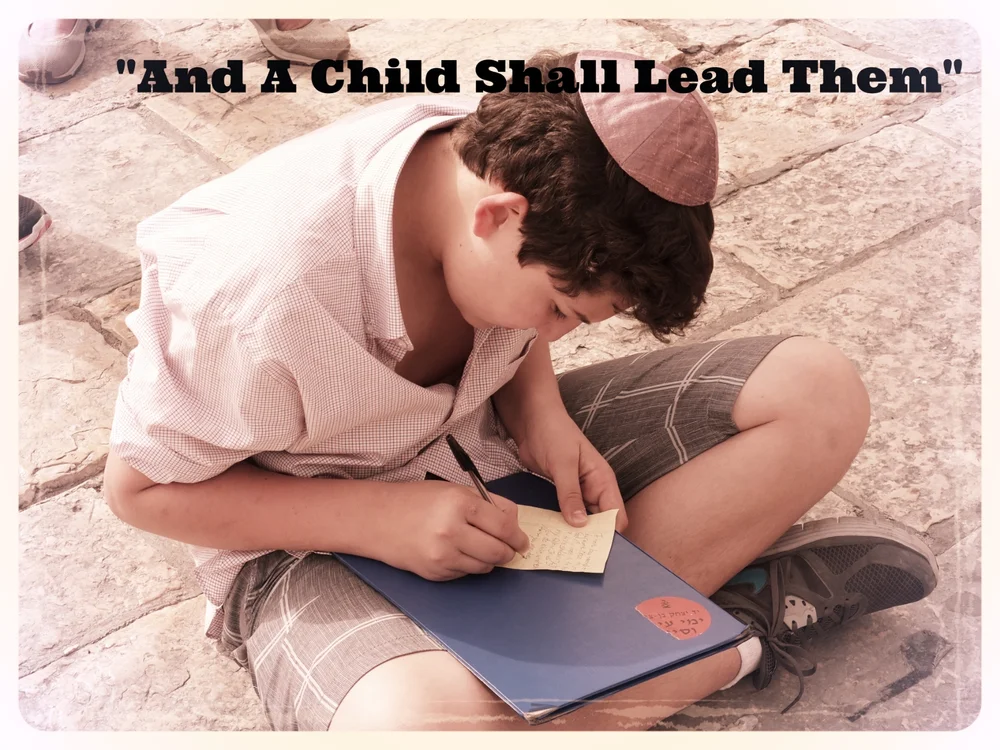Weizmann, Israel's first president, was a Russian-born Jew who earned his living as a chemist in England.
"Early during his stay in England, in 1906, Weizmann met the then prime minister Arthur Balfour and lobbied him on behalf of the Zionist cause. Balfour was friendly but had nothing concrete to offer Weizmann. Some ten years later, during World War I, Weizmann did produce, at the British Admiralty’s request, large quantities of the volatile, flammable liquid acetone (an important ingredient of the cordite used in ammunition), which greatly aided the British war effort.
By this time, Balfour, a former British prime minister who was now serving as foreign secretary, had come to believe strongly in the idea of restoring the Jews to Palestine. Weizmann was the most prominent Jewish leader in the negotiations that led to the issuance of the Balfour Declaration. From then on, Weizmann remained one of the—and often the—leading figures in the Zionist movement.
Not surprisingly, he also maintained a passionate affection for England. Even when England later drew back from her Zionist commitment, Weizmann advocated a policy of moderation toward her. David *Ben-Gurion, and much of the Zionist world, criticized Weizmann for being an Anglophile. It was true. In 1944, when the underground Lekhi group assassinated Lord Moyne, a high British official, Weizmann said that Moyne’s death hurt him as deeply as that of his own son in the British Air Force.
In the months immediately preceding the declaration of Israel’s statehood, Weizmann traveled to Washington and met with President Harry *Truman, whose commitment to Zionism seemed to be wavering. “The old doctor,” as Truman affectionately called Weizmann, deeply impressed the American president, and kept him securely aligned with the pro-Zionist camp. When statehood was declared, the United States became the first country to recognize Israel. “Now the old doctor will believe me,” Truman told his aides.
Upon Israel’s creation, Ben-Gurion became the country’s first prime minister, and Weizmann was offered the presidency. He accepted the post, not fully aware that Ben-Gurion had arranged for the position to be without any real power and to be almost purely ceremonial. It was deeply frustrating to the perpetually active Weizmann to find his sphere of activities so restricted. “My handkerchief,” he is said to have lamented to a friend, “is now the only thing I can stick my nose into.” Weizmann was, in actuality, very active in the creation and development of the Weizmann Institute, Israel’s leading scientific center. When Weizmann died in 1952, he was mourned as perhaps the greatest Zionist figure after Herzl.
Telushkin, Joseph (2010-09-28). Jewish Literacy. Harper Collins, Inc.

